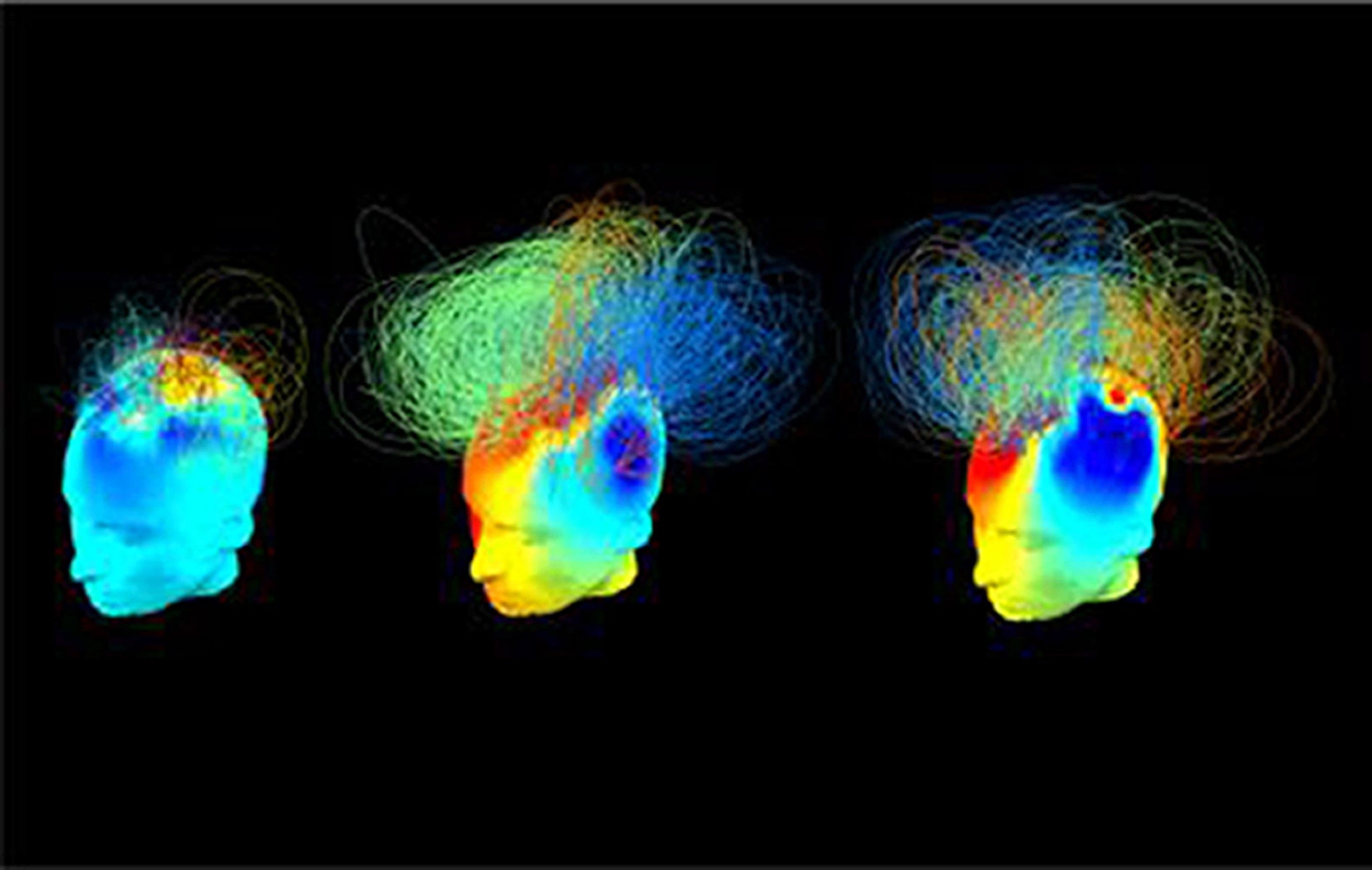Vegetative patients may be more conscious of the world than we think
Cambridge study shows brain-damaged patients responding to simple new test

Your support helps us to tell the story
From reproductive rights to climate change to Big Tech, The Independent is on the ground when the story is developing. Whether it's investigating the financials of Elon Musk's pro-Trump PAC or producing our latest documentary, 'The A Word', which shines a light on the American women fighting for reproductive rights, we know how important it is to parse out the facts from the messaging.
At such a critical moment in US history, we need reporters on the ground. Your donation allows us to keep sending journalists to speak to both sides of the story.
The Independent is trusted by Americans across the entire political spectrum. And unlike many other quality news outlets, we choose not to lock Americans out of our reporting and analysis with paywalls. We believe quality journalism should be available to everyone, paid for by those who can afford it.
Your support makes all the difference.Severely brain-damaged patients in a persistent vegetative state may be capable of being consciously aware of the outside world, scientists said.
A relatively simple test based on measuring patterns of brainwaves has revealed that some unconscious patients in a vegetative state have a “robust” network of brain activity that allows conscious thoughts, they said.
The test could be developed into a diagnostic tool for doctors so that they can assess whether brain-damaged patients in a vegetative state might be able to understand what is going on around them, said Srivas Chennu, a clinical neuroscientist at Cambridge University.
“Understanding how consciousness arises from the interactions between networks of brain regions is an elusive but fascinating scientific question,” Dr Chennu said.
“But for patients diagnosed as vegetative and minimally conscious and their families, this is far more than just an academic question; it takes on a very real significance,” he said.
“Our research could improve clinical assessment and help identify patients who might be covertly aware despite being uncommunicative,” he added.
The researchers analysed the brainwaves of 32 patients using 128 electrical sensors fixed to the scalp to measure electroencephalograph (EEG) activity. 13 members of the group were classed as being in a persistent vegetative state, with the rest being minimally conscious.

The study, published in the online journal Plos Computational Biology, found that four of the 13 patients with persistent vegetative state had a “robust” network of brain activity that would allow conscious thoughts, which was confirmed when they were asked to imagine playing tennis when their brains were scanned using a magnetic resonance imagining (MRI) machine.
Previous work had shown that the “tennis test” could be used to show that some seemingly unconscious and uncommunicative patients with brain damage were in fact capable of understanding the request to imagine playing a game of tennis, which caused certain networks of brain cells to become active.
“We measured brain activity at rest and didn’t ask the patients to do anything. It showed that some unconscious patients with persistent vegetative state had robust brain networks that should support conscious awareness,” Dr Chennu said.
“It was complimentary to the tennis test, which involves an expensive and elaborate MRI machine. The bigger picture is that our equipment will hopefully be used by the bedside and could provide the best possible information to patients and their families,” he said.
Tristan Bekinschtein from the Medical Research Council’s Cognition and Brain Sciences Unit in Cambridge, said: “Although there are limitations to how predictive our test would be used in isolation, combined with other tests it could help in the clinical assessment of patients. If a patient's 'awareness' networks are intact, then we know that they are likely to be aware of what is going on around them. But unfortunately, they also suggest that vegetative patients with severely impaired networks at rest are unlikely to show any signs of consciousness.”
Join our commenting forum
Join thought-provoking conversations, follow other Independent readers and see their replies
Comments